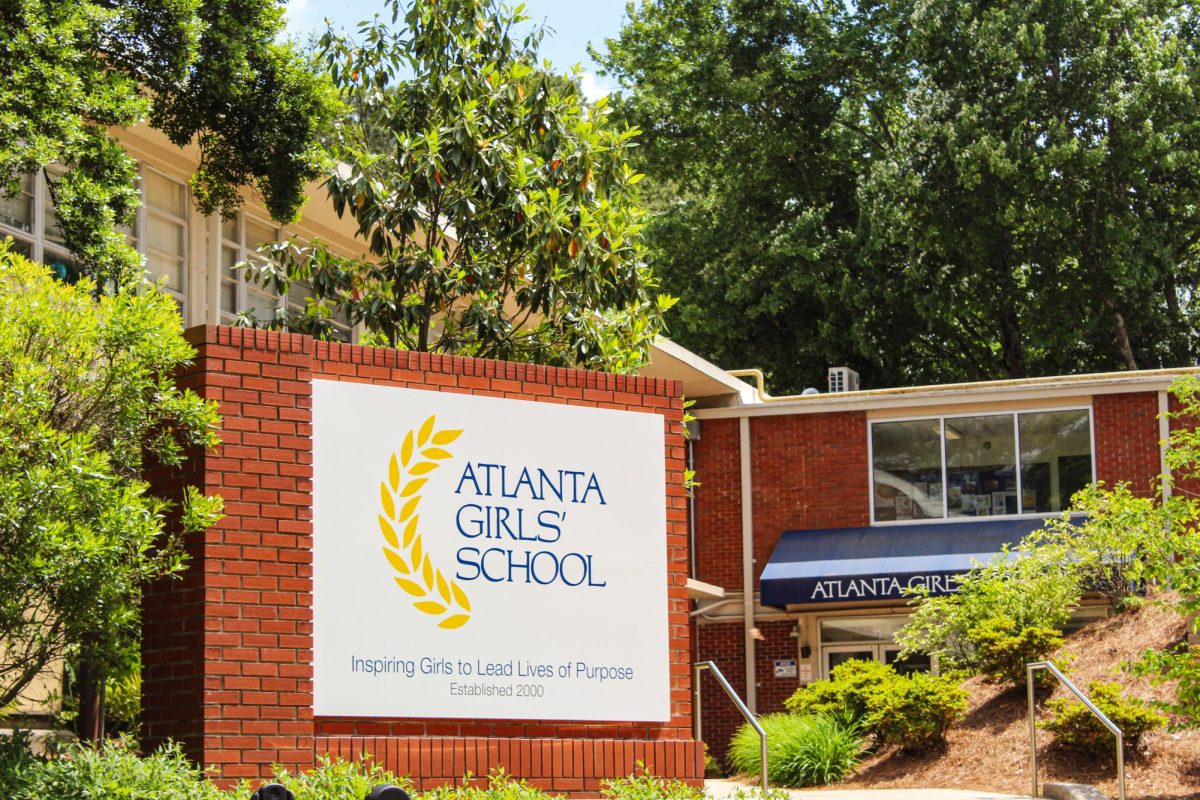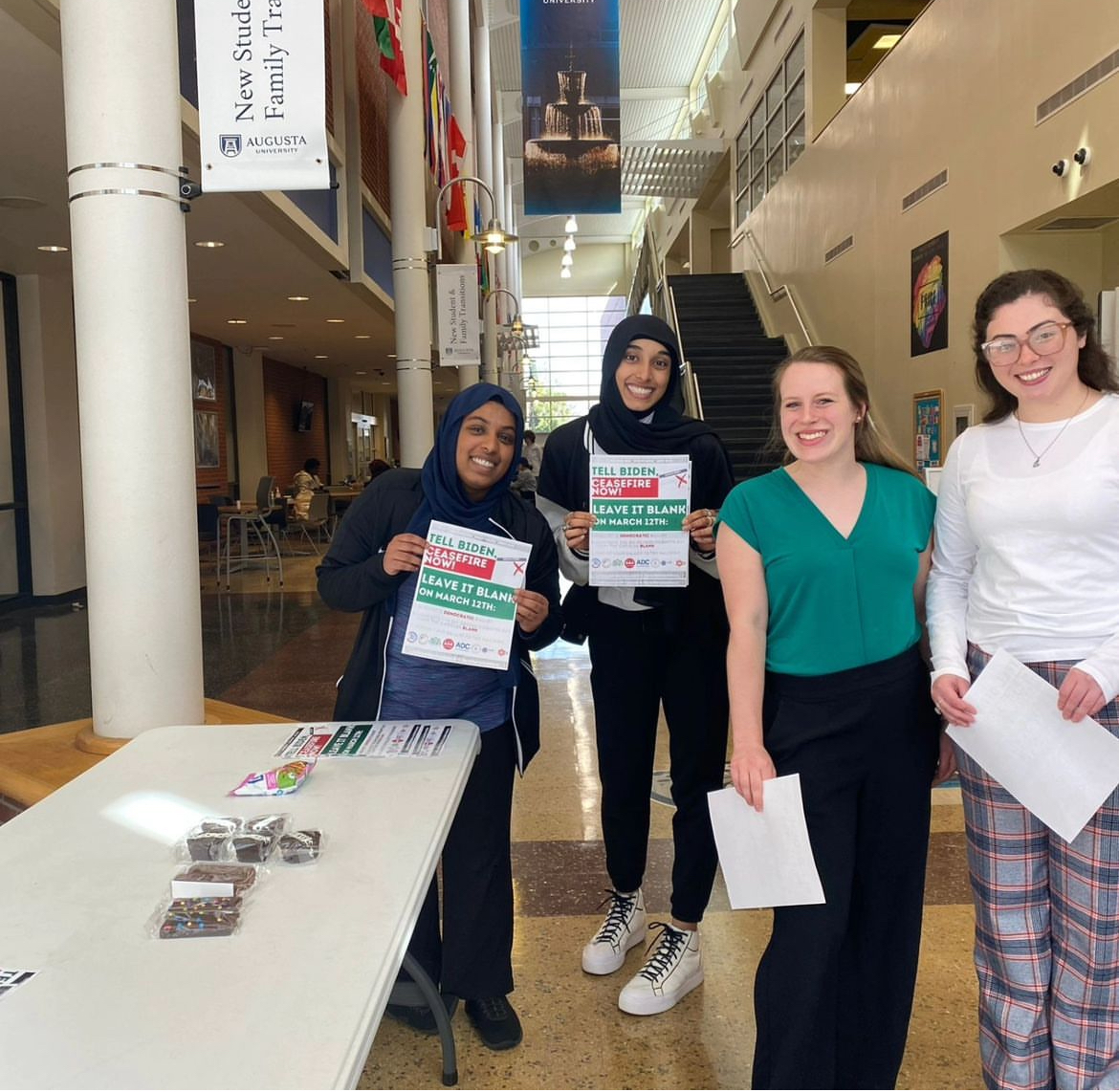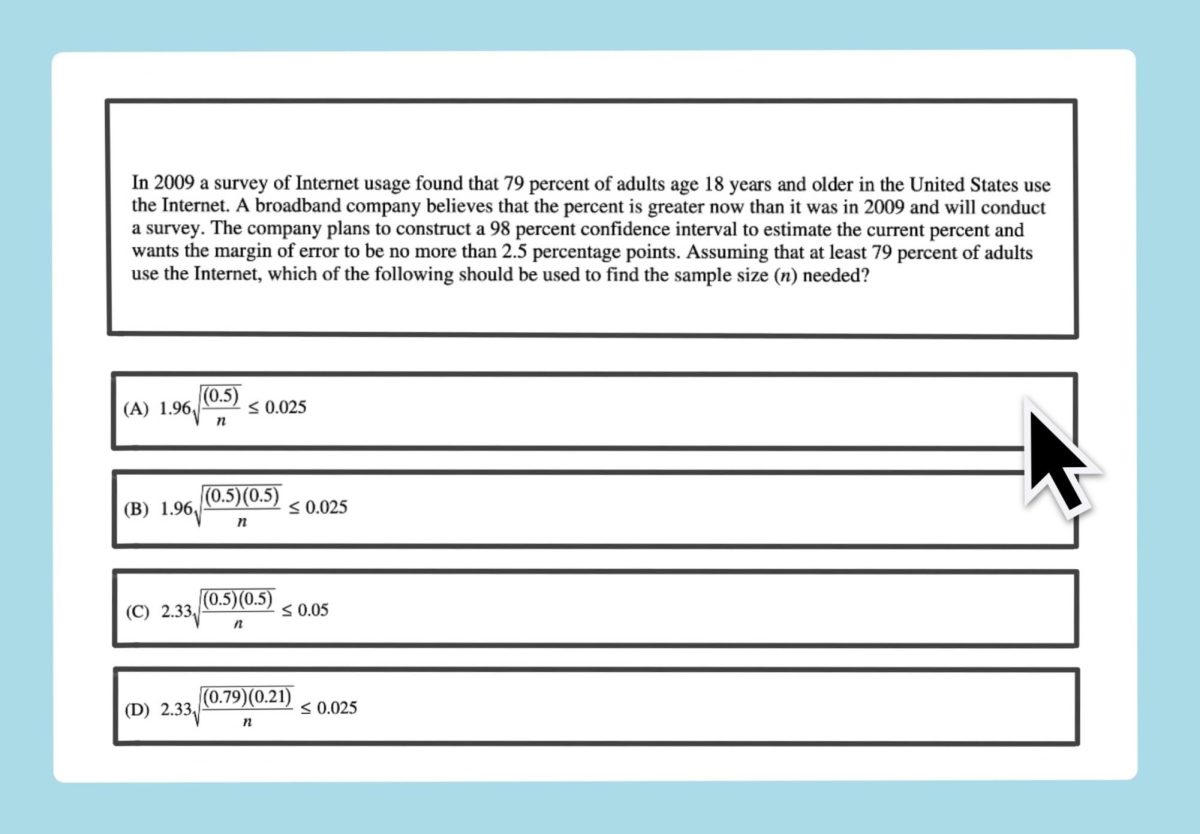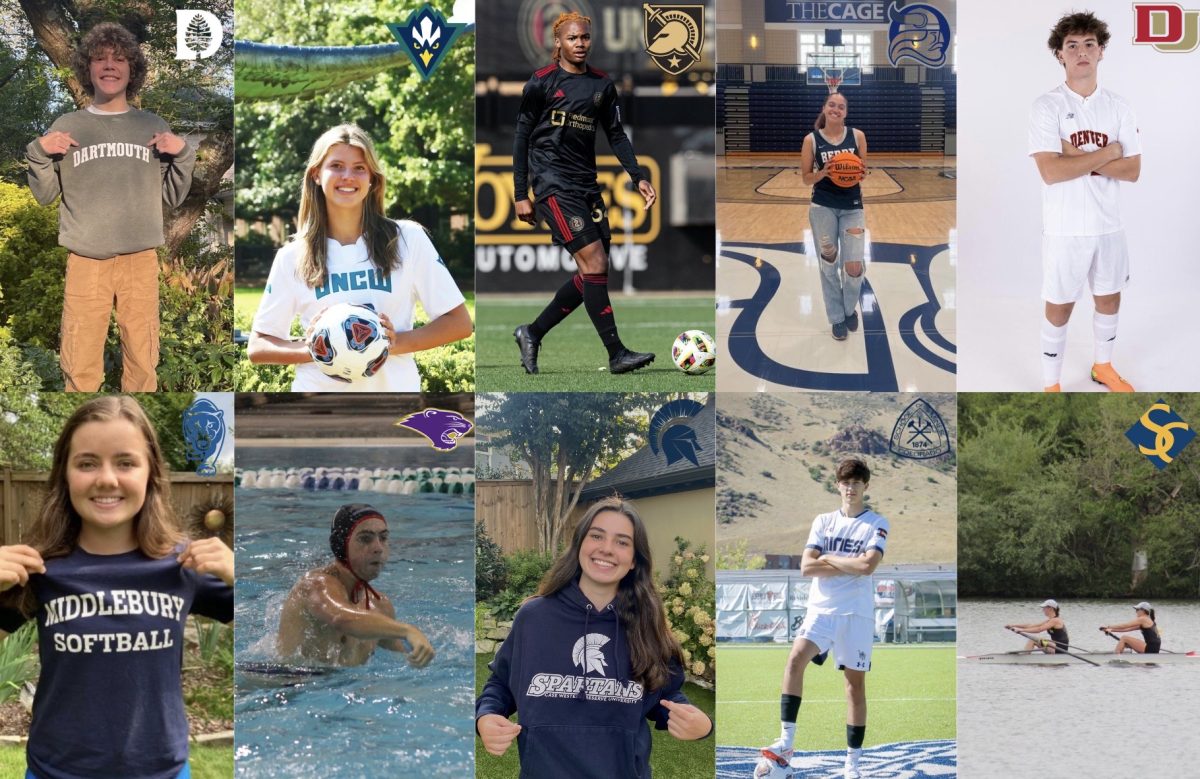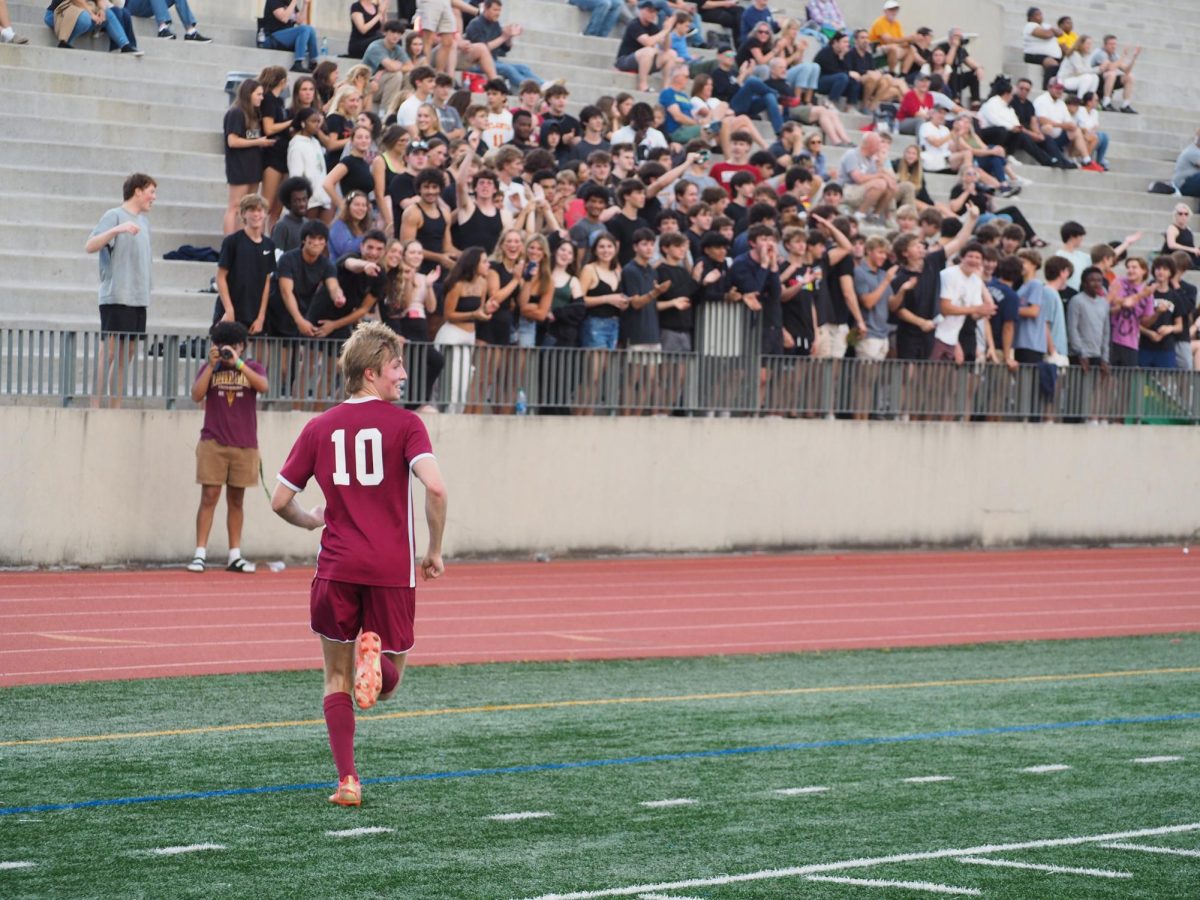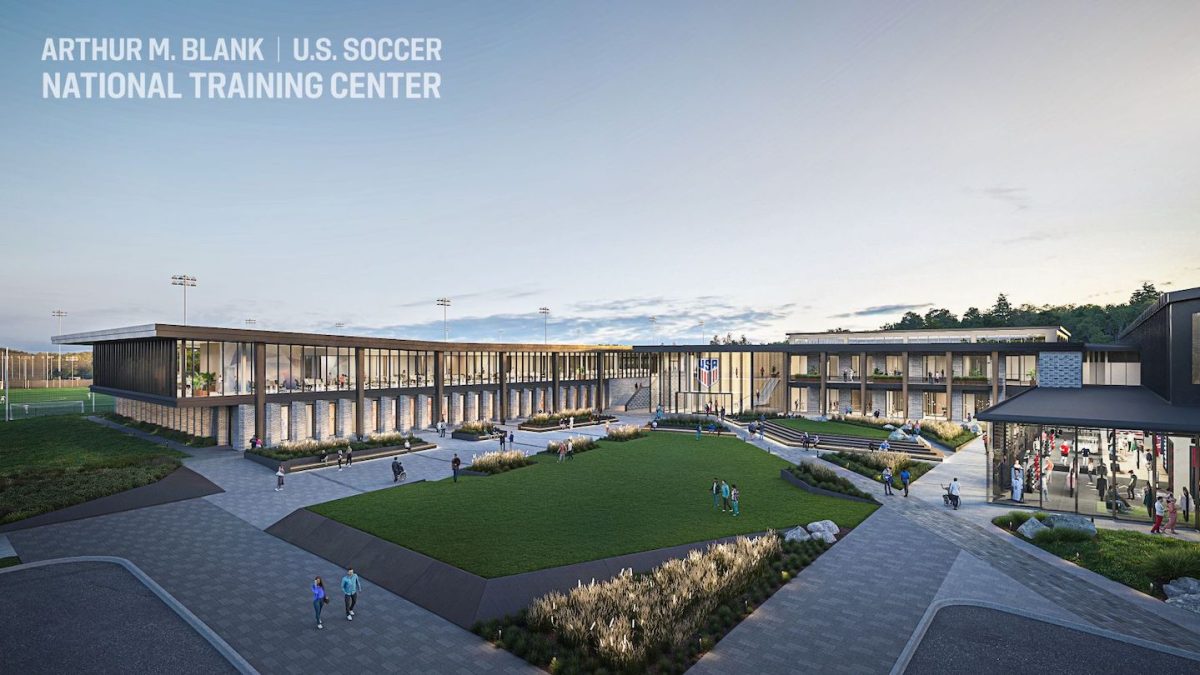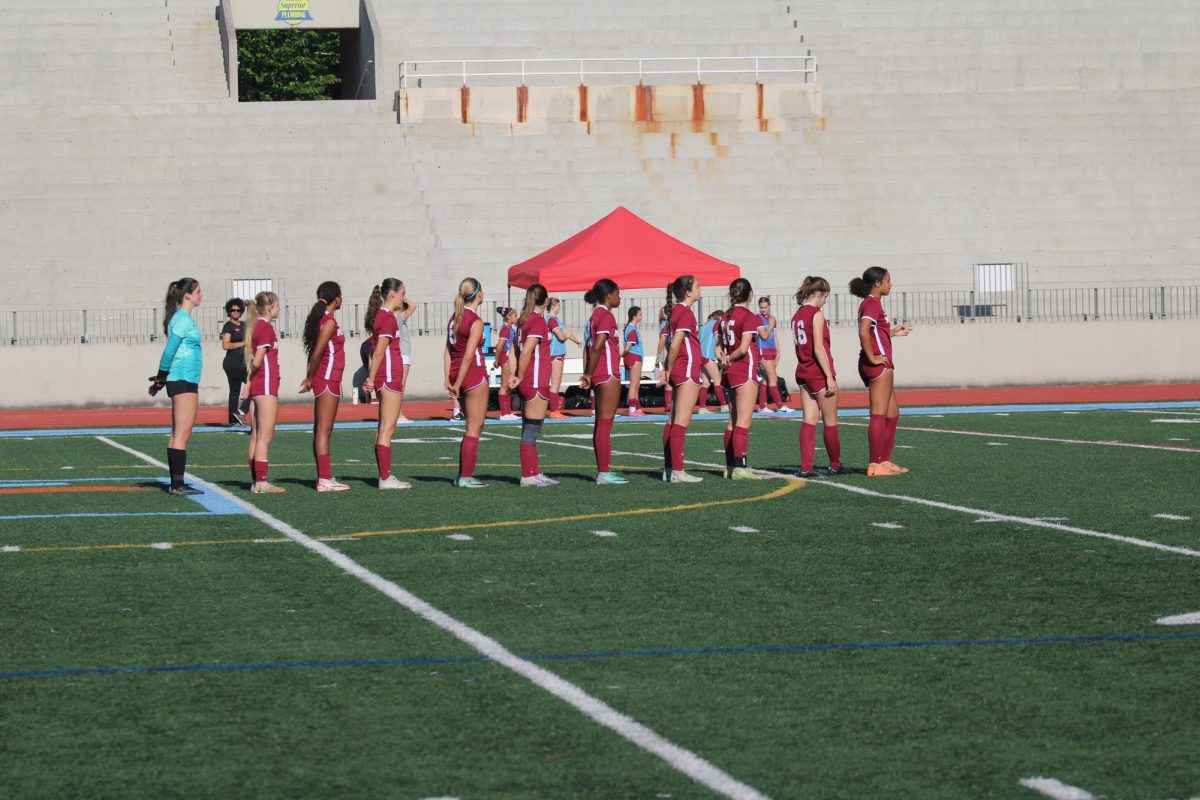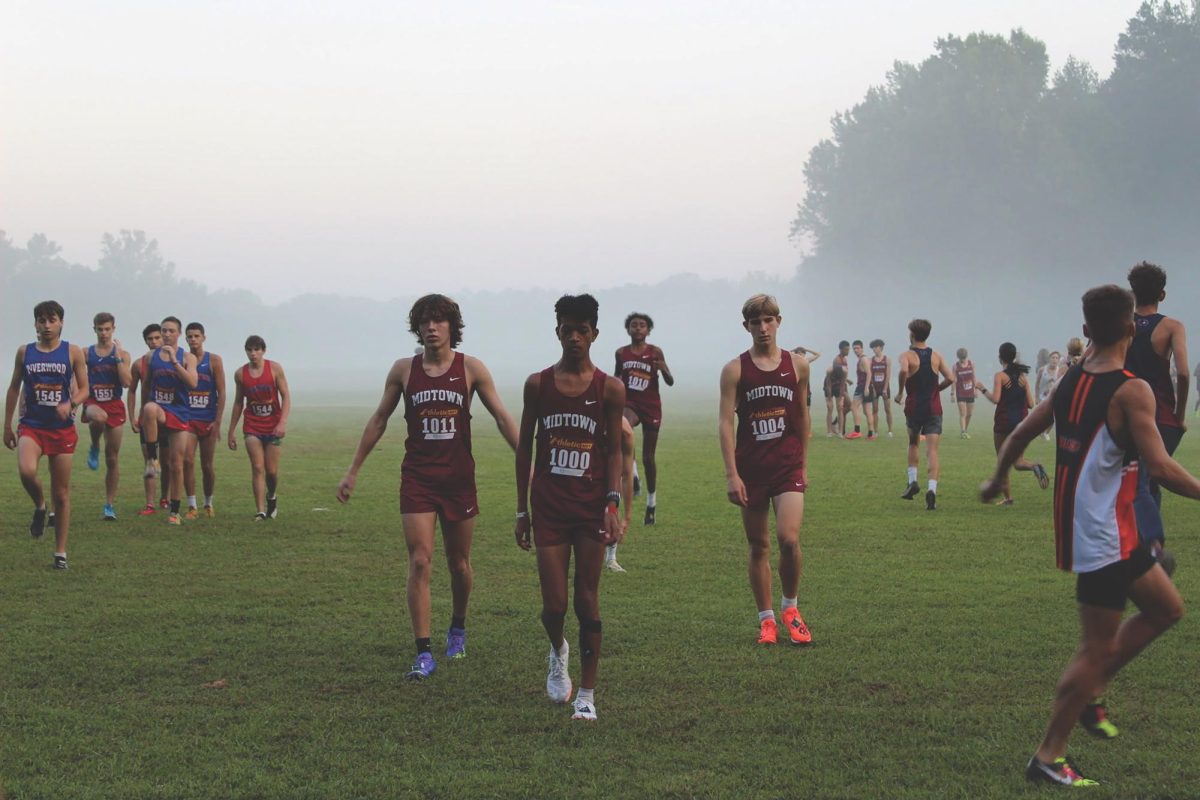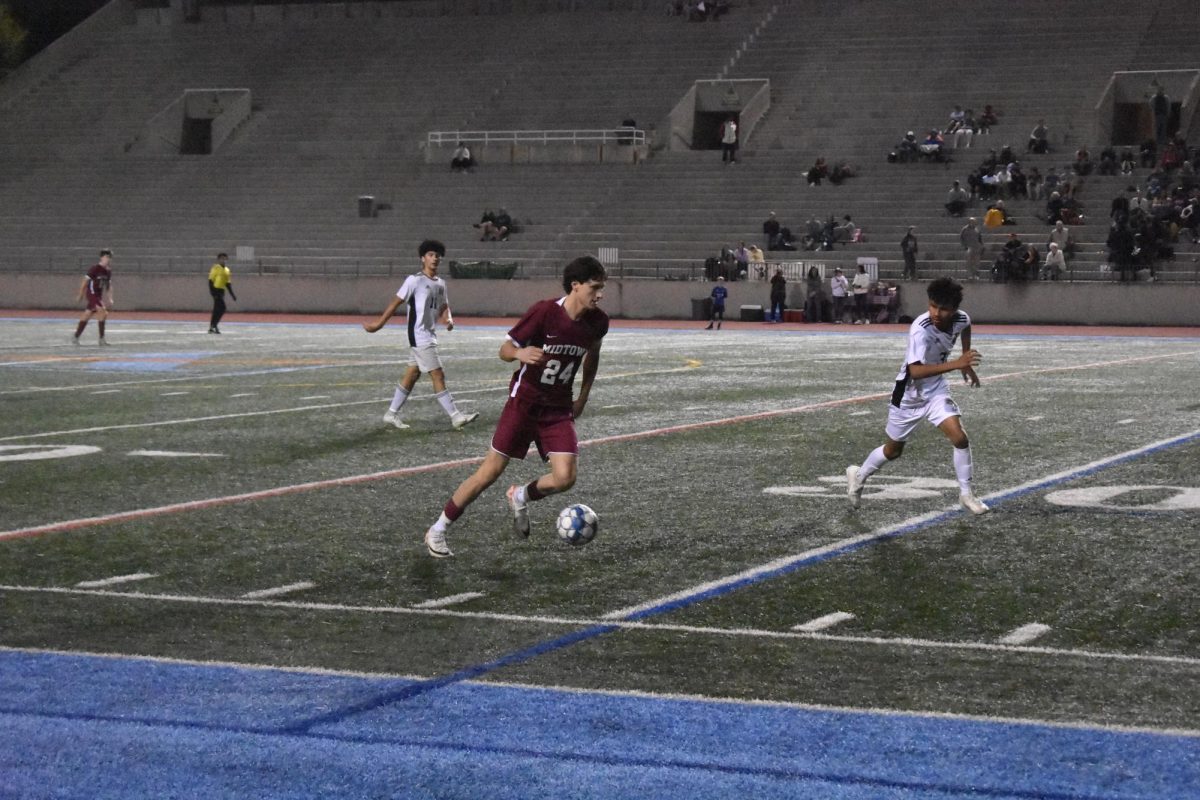Before they entered the classroom, they spent their days on the field, the court, or in the pool. These four teachers and administrators spent hours of their adolescent lives honing their skills in sports they loved. They would be overjoyed to swim that extra lap in the pool, run that extra mile, catch the ball one more time. However, due to career-ending injuries or simply the realization that, ultimately, they wouldn’t make the grade, they stopped chasing their athletic dreams and began following other paths.
Susan Mercer:
Mercer first learned about ultimate Frisbee after college. After eight years on B-teams that ranked directly below the best teams in the Florida region, she moved to Atlanta, captained a B-level team for 10 years, and went to sectionals–the first level of tournaments in ultimate Frisbee–season after season with a team she had scrounged up. She said, however, it became increasingly difficult to keep a B-team together with the proximity of Ozone, the top tier women’s team in Atlanta.
“It’s always been kind of a struggle to keep a team when the b etter team poaches off the top players,” she said. “The medium team is back at the beginning again.”
Despite the struggle to keep a solid team afloat, Mercer says she’s still not burned out, and now mostly plays in pickup games, as well as in summer, fall and spring leagues.
“I still want to be improving, but there’s no [team] for that,” she said.
John Rives:
Rives first began swimming competitively when he was 9. In high school, Rives won a number of state championships in his favorite stroke, the butterfly, and competed very well nationally.
“I used to compete against swimmers who ended up winning gold medals at the Olympics,” Rives said.
After high school, however, Rives stopped swimming competitively for the most part. He began working and he left to join the army.
“I just had other things to do,” he said.
Harlen Graham:
At age seven, Graham first learned to love basketball. In his senior year at Columbia High School, Graham averaged 25 points per game as a shooting guard, earning himself a full scholarship to Clemson University to play basketball. He played one year at Clemson University before transferring to Georgia State University for his sophomore year. During his second college season at Georgia State, Graham broke his foot. His level of playing and his love of the game never returned, even after he began playing again.
“I played my junior year and then I quit after that,” Graham said. “I just didn’t want to play anymore.”
Graham believes he could have played professionally, had his injury not cut his career short.
“Mentally I just wasn’t there anymore,” he said.
Rodney Howard:
During his senior year of high school, Rodney Howard was focused on college applications like any senior. For Howard, however, it was a decision between playing for a Division I school, where he could run the risk of losing a scholarship, or a Division II school, where the football would not be as intense, but where Howard could formulate a solid back-up plan in case athletics didn’t work out. After weighing the options, Howard chose the latter.
For his first three years at Clark Atlanta University, he played as a defensive tackle. In his junior year, Howard injured his wrist and, as a result, was moved to tight end for the last three games of the season. During his senior year, Howard continued to play tight end. When college came to a close, so did his football career. Unlike many aspiring athletes, Howard had a backup plan.
“I think that’s everyone’s dream to make it to the NFL, but you have to be real with yourself,” Howard said. “A lot of people that play sports in college and high school dream of making it to the NFL, or the NBA, but you have to have a back-up plan and, to me, education was more important.”
Although having a backup plan is what Howard believes is the most important key of success, he still realizes the importance of ambition.
“If you’re passionate about it,” Howard said. “Give it your all.”

